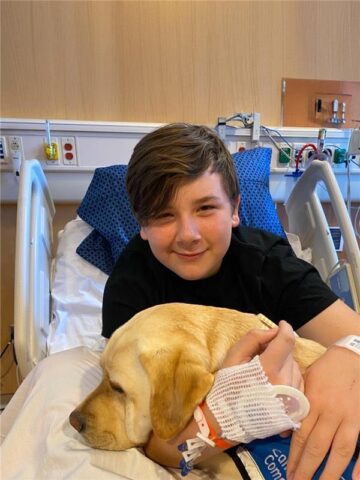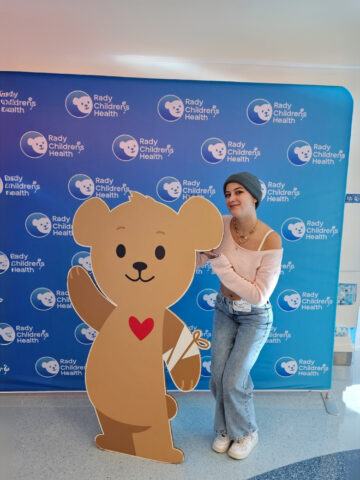Children with life-threatening conditions are often candidates for clinical trials. If your child has a serious illness, your doctor might talk to you about enrolling your child in a clinical trial.
Carefully conducted clinical trials are performed in human participants to provide answers to questions such as:
- Does a treatment work?
- Does it work better than the standard existing therapy?
- Does it have side effects?
“Through clinical trials, doctors find new ways to improve treatments and the quality of life for people with disease. They also give children with rare or difficult-to-treat conditions, such as certain forms of cancer, access to innovative treatments,” says Dr. Van Huynh, a pediatric oncologist at the Hyundai Cancer Institute at CHOC Children’s, and the CHOC principal investigator for the Therapeutic Advances in Childhood Leukemia/Lymphoma Consortium, a group of children’s hospitals and universities that work to quickly develop and carry out clinical trials. The consortium develops phase I and phase II clinical trials of new therapies and novel therapy combinations in recurrent childhood leukemia and lymphoma.
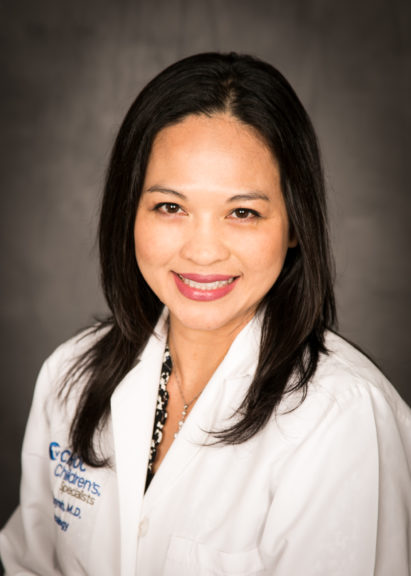
Clinical trials are standard practice in cancer treatment for children, adolescents and young adults. In fact, a higher percentage of newly diagnosed children with cancer and their families participate in clinical trials, perhaps more than in any other field of medicine, according to Dr. Huyhn. All clinical trials are voluntary and information collected is confidential. Participants can withdraw from a trial at any time, for any reason.
“Some clinical trials evaluate how well new medications work and whether they are safe to use. Other clinical trials explore whether we can use medications in new combinations or at different doses to improve survival or reduce short-term side effects,” says Winnie Stockton, investigational pharmacist at CHOC Children’s. “There are trials that focus on finding the best ways to minimize long-term side effects of certain treatments, and other trials that aim to determine the best dose to give children for medications that have successfully treated cancer in adults.”
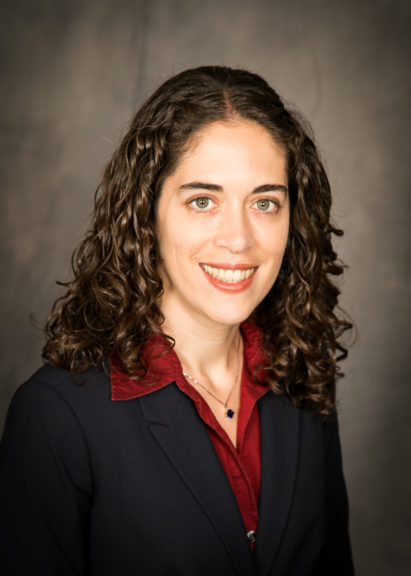
Types of Clinical Trials
Clinical trials are categorized as Phase I to IV trials.
Phase I
Studies of a new drug are the first that involve people. Participants in these trials are usually the first to receive the new therapy. The drug is tested to evaluate the dosages of the treatment and how often the treatment can be administered. Drugs are given at gradually increasing dosages, and participants are monitored closely for side effects. The goal of a Phase I clinical trial is to find the dose that is best tolerated without causing severe side effects.
Phase II
Once a treatment is found to be safe in a Phase I clinical trial, it is then tested in a Phase II trial to determine if it works. The treatment targets the patients who responded most favorably in Phase I trials. In these trials, doctors may evaluate if the treatment works for a specific type of cancer or illness.
Phase III
Once a new therapy has been determined to be safe and effective, it is then moved to a Phase III clinical trial. These are the studies that most children with newly diagnosed illnesses or cancers will receive. These trials test whether the new therapy is better than the standard treatment.
Phase IV (also known as Post-Marketing Surveillance Trials)
Phase IV studies take place after the drug has received regulatory approval (market authorization) and are designed to provide broader effectiveness and safety information about the new medicine in large numbers of patients, and to compare or combine it with other available treatments. These studies are designed to evaluate the long-term effects of the drug.
When you take part in a clinical trial, you will only be in that one phase of the study. Treatments move through the phases, but patients do not.
“At CHOC, we believe it’s important to conduct research directly with children and adolescents in a facility that is devoted exclusively to the care, quality of life, rights and safety of children of all ages. If a parent is interested in having their child participate in a clinical trial, we currently have over 350 research studies in more than 30 specialties to provide children with the latest treatments,” says Dr. Huynh.
Get more expert health advice delivered to your inbox monthly by subscribing to the KidsHealth newsletter here.
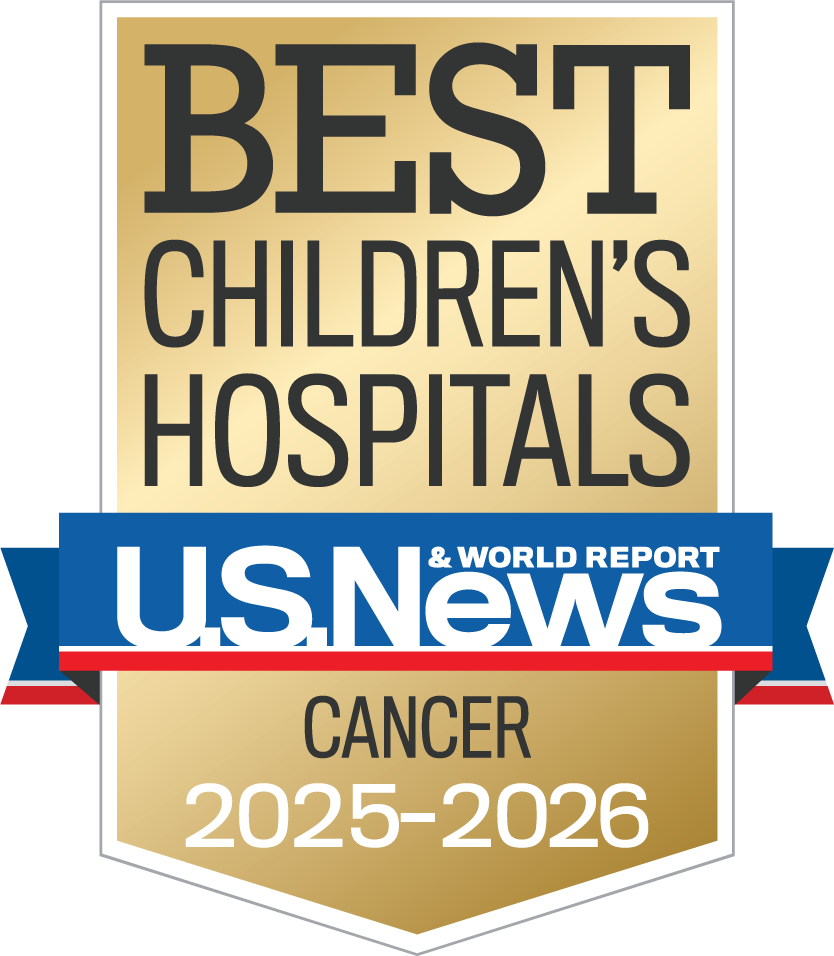
Learn more the Hyundai Cancer Center at CHOC
CHOC Hospital was named one of the nation’s best children’s hospitals by U.S. News & World Report in its 2025-26 Best Children’s Hospitals rankings and ranked in the oncology specialty.

